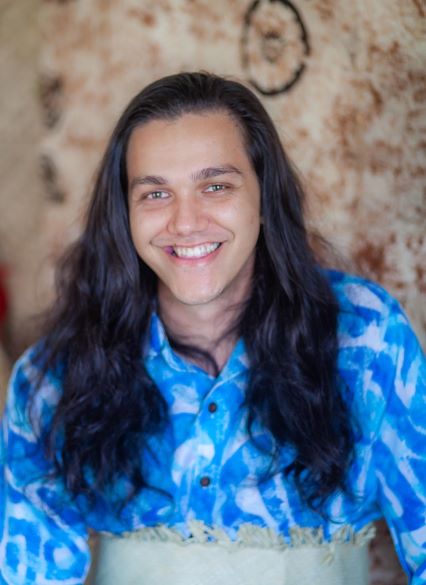Ernest Gibson wondered if it was a hoax when he was first contacted about joining the Earthshot Prize Council as it came completely out of the blue.
The Council, which includes Prince William, Queen Rania Al Abdullah of Jordan, Brazilian footballer Dani Alves, naturalist Sir David Attenborough, Alibaba founder Jack Ma, Colombian singer Shakira, and Chinese basketball superstar Yao Ming, has the task of choosing the final winners of The Earthshot Prize.
That prize is a global environmental award which aims to discover and scale solutions to the world’s biggest environmental . . .
Please Subscribe to view full content...
